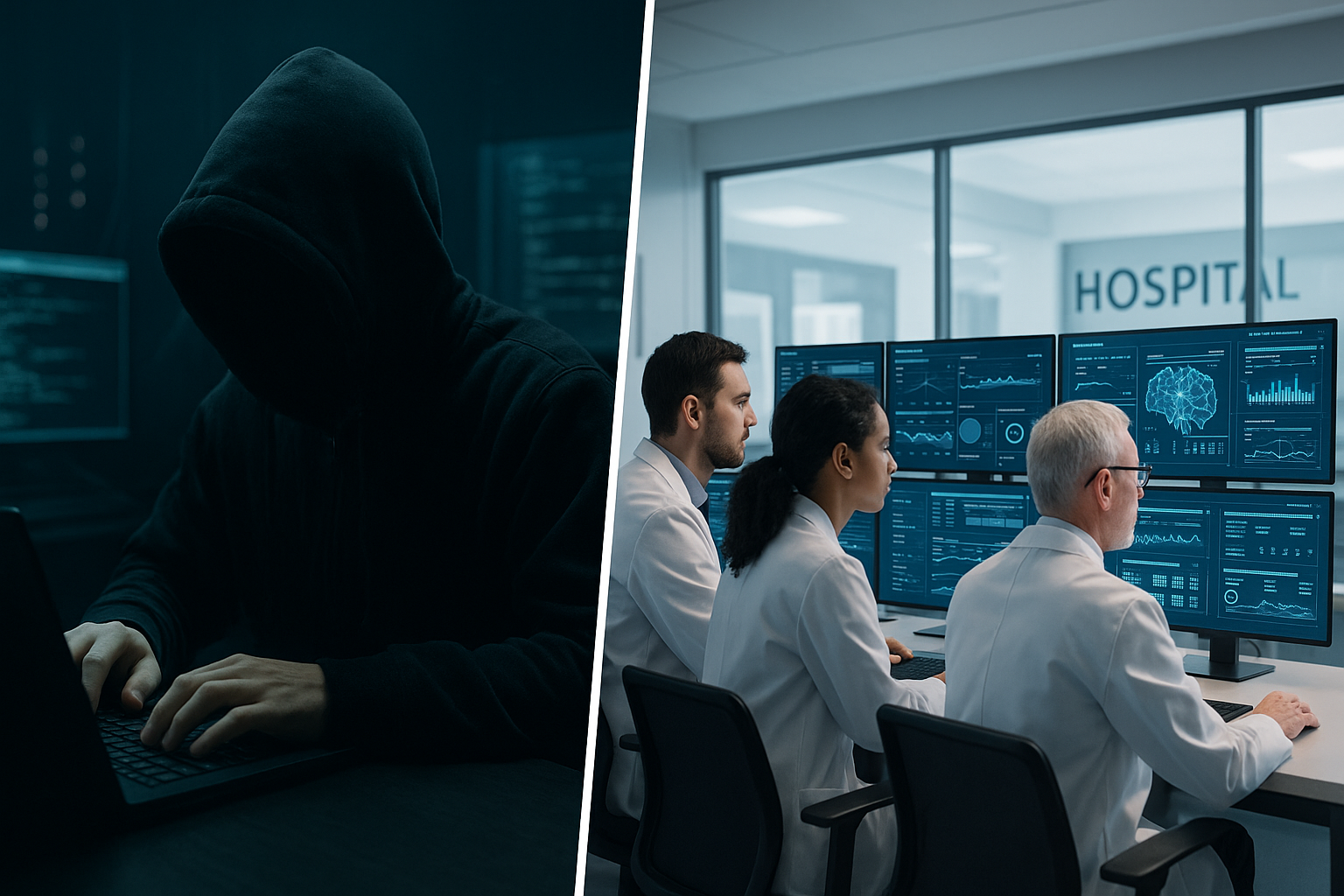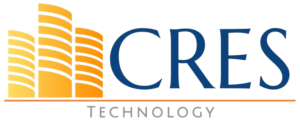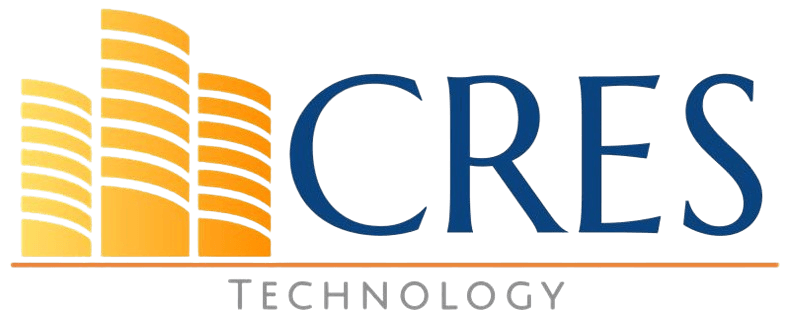
The healthcare industry depends heavily on technology to manage patient care, using tools like electronic health records (EHRs) and telemedicine platforms. While these systems improve how care is delivered, they also increase the risk of cyberattacks. Patient data is highly sensitive, and any breach can lead to serious consequences for both individuals and healthcare providers. As cyber threats continue to evolve, protecting healthcare IT systems is becoming more important. This blog looks at why healthcare is often targeted, the effects of cyberattacks, and practical steps to keep patient data secure.
The Growing Importance of Cybersecurity in Healthcare
Why Healthcare is a Prime Target for Cyberattacks
Cybercriminals have their sights set on the healthcare industry, and for good reason. Here’s why:
- High value of patient data: Patient records contain a treasure trove of information, including Social Security numbers, medical histories, and insurance details. On the black market, this data is more valuable than credit card information.
- Increased adoption of digital systems: The widespread use of EHRs and telemedicine has expanded the attack surface, providing more entry points for cybercriminals.
- Legacy systems: Many healthcare organizations still rely on outdated infrastructure, which lacks modern security features and is easier to exploit.
Impact of Cyber Threats on Healthcare
The consequences of cyberattacks in healthcare are far-reaching and often catastrophic:
- Compromised patient privacy: A data breach can expose sensitive patient information, eroding trust between patients and providers.
- Disruption of medical services: Ransomware attacks can cripple hospital operations, delaying critical treatments and putting lives at risk.
- Financial losses: Healthcare organizations often face hefty ransom demands, not to mention the costs of recovery and potential fines for non-compliance.
- Reputational damage: A breach can tarnish a provider’s reputation, leading to a loss of patients and partnerships.
Key Cybersecurity Challenges in Healthcare IT

Securing healthcare IT is critical, and organizations face several unique challenges:
- Balancing accessibility and security: Healthcare professionals need quick access to patient data, but this must be balanced with robust security measures to prevent unauthorized access. In our experience working with providers, we often notice that doctors tend to resist complex authentication processes. Although organizations can’t yield on security, measures must be taken to make the authentication process fast and secure.
- Legacy systems and devices: Outdated software, networks, and medical devices often lack the ability to defend against modern threats.
- The human factor: Phishing attacks and insider threats remain significant vulnerabilities, as even the best systems can be undermined by human error.
- Regulatory compliance: Adhering to frameworks like HIPAA and GDPR adds another layer of complexity, requiring organizations to meet stringent security standards.
Best Practices for Securing Healthcare IT
Implementing Robust Security Measures
Strong security measures are the foundation of any effective cybersecurity strategy, but for healthcare organizations they are mandatory due to HIPAA regulations. Healthcare organizations must:
- Adopt multi-factor authentication (MFA): MFA adds an extra layer of protection by requiring users to verify their identity through multiple methods.
- Encrypt patient data: Encryption ensures that sensitive information remains secure, whether it’s being transmitted or stored.
- Regularly update systems: Keeping software and systems up to date helps close vulnerabilities that cybercriminals could exploit.
Training and Awareness
Even the most advanced security systems can be undone by human error. To mitigate this risk:
- Conduct regular training: Educate staff on cybersecurity best practices, such as recognizing phishing emails and using strong passwords.
- Simulate attacks: Phishing simulations can help employees identify threats and improve their response to real-world scenarios.
Leveraging Advanced Technologies
Technology can be a powerful ally in the fight against cyber threats. Healthcare organizations should consider:
- AI and machine learning: These tools can analyze vast amounts of data to detect and respond to threats in real time.
- Endpoint protection: Securing devices like laptops and tablets can prevent unauthorized access to sensitive systems.
- Intrusion detection systems: These systems monitor network traffic for suspicious activity, enabling a swift response to potential breaches.
Developing Incident Response Plans
Preparation is key to minimizing the impact of a cyberattack. Organizations should:
- Create clear protocols: An incident response plan outlines the steps to take in the event of a breach, ensuring a coordinated and effective response.
- Test and update plans: Regular drills and updates ensure that the plan remains relevant and effective as threats evolve.
The Role of Regulations and Compliance
Regulatory frameworks play a crucial role in improving cybersecurity in healthcare:
- Key regulations: Laws like HIPAA, GDPR, and HITECH set standards for protecting patient data and holding organizations accountable for breaches.
- Improved security posture: Compliance frameworks encourage organizations to adopt best practices, reducing their vulnerability to attacks.
- Challenges: Meeting regulatory requirements can be resource-intensive, especially for smaller organizations with limited budgets.
Conclusion
Cybersecurity in healthcare is not only a technical challenge but also a moral imperative. Protecting patient data is essential to maintaining trust, ensuring operational continuity, and complying with regulations. By adopting robust security measures, training staff, leveraging advanced technologies, and adhering to regulatory frameworks, healthcare organizations can stay one step ahead of cyber threats. The stakes are high, but with a proactive approach, the industry can safeguard sensitive information and continue to deliver quality care in an increasingly digital world. It’s time to prioritize cybersecurity because patient safety depends on it.
How we can help:
We provide IT services for small and mid-size companies, including healthcare networks and clinics, to help them gain a competitive edge. With our technology specialization, business knowledge, and healthcare IT expertise, we help organizations overcome operational, productivity, and compliance challenges. We are HIPAA compliant and can assist our healthcare clients in achieving and maintaining their HIPAA compliance as well.

Many of our clients initially struggled to find experienced IT resources who understood their business processes, critical applications, and systems, particularly in regulated industries like healthcare. After partnering with CRES Technology, they gained a reliable IT partner that not only managed their IT infrastructure but also helped them meet strict compliance and security standards.
Our service approach is proactive, focused on preventing issues before they disrupt operations. This results in fewer support tickets, better system uptime, and greater employee productivity — creating a win-win situation for everyone involved.
Talk to us about how we can help you overcome your IT operations challenges, strengthen your cybersecurity posture, and support your compliance initiatives.
About Irfan Butt

CRES Technology – Founder and CEO
A strategic leader with over twenty years of progressive experience in Business Administration, Finance, Product Development, and Project Management. Irfan has a proven track record in a broad range of industries including hospitality, real estate, banking, finance, and management consulting.





